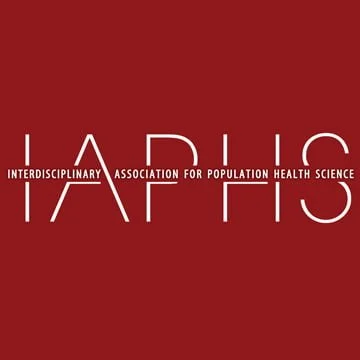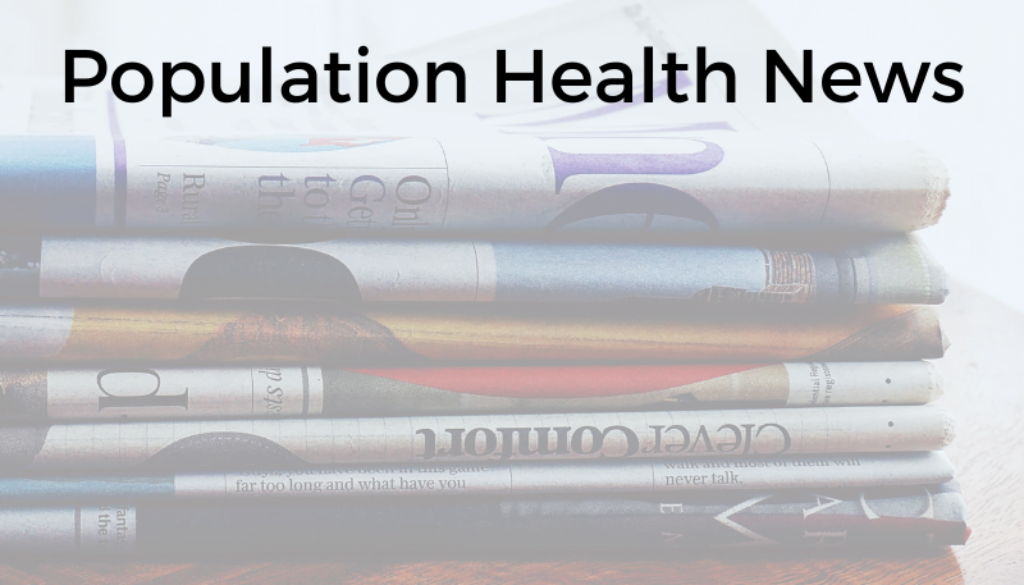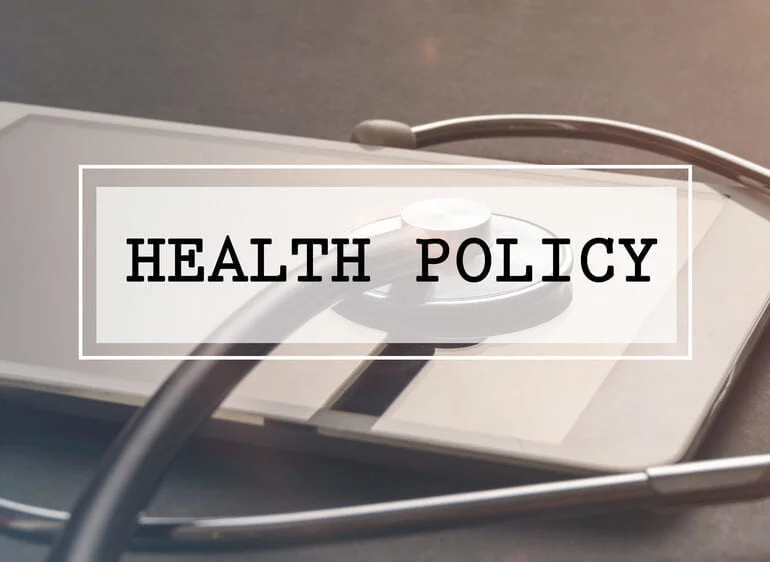Population Health News Round-Up: October 2023
JoAnne DyerIAPHS Members in the News

Atheendar Venkataramani is interviewed in the NEJM Perspective. Venkataramani discusses how affirmative action plays a role in shaping population health. You can listen to the audio interview or read the article. (September 28, 2023)
In his newsletter, The Healthiest Goldfish, Sandro Galea writes about a moral, aesthetic, and intellectual case for health. (October 7, 2023)
Rita Hamad in Preventive Medicine: Several individual- and state-level factors were linked to receipt of the 2021 expanded Child Tax Credit (CTC), including age, marital status, and SNAP and Medicaid caseloads. These results can be used to increase participation in poverty alleviation programs and achieve health equity. (October 2023)
Na’Taki Osbourne Jelks in Health Affairs: Millions of Americans don’t have access to safe drinking water. Water security challenges include “structural inequities in water rights and governance,” aging infrastructures, new and old contaminants, and affordability. (October 12, 2023)
Asma Awan was awarded an Emerging Scholar Award for Overcoming Inequalities and Promoting Sustainability: Opportunities and Challenges for Ageing Societies for Aging & Social Change at the Thirteenth Interdisciplinary Conference, Ancona, Italy. (June 21, 2023)
Connor D. Martz in Brain, Behavior and Immunity: “Incident experiences of racial discrimination were associated with elevated log-CRP” in Black women with systemic lupus erythematosus (SLE). (August 2023)
Jennifer Karas Montez is quoted in The Washington Post: Ohio’s public health policies corelate with lost years of life. Ashtabula, Ohio residents are more likely to die young (especially from smoking, diabetes, or car accidents) than residents in “sister counties” in Pennsylvania and New York. (October 3, 2023)
Health Equity and Disparities
New artificial intelligence (AI) tools should include health equity: From the very start, equity should be built into AI healthcare tools and systems in order to avoid bias. (JAMA, October 11, 2023)
In teens, discrimination is linked to high cortisol: Teens who were overweight or obese and experiencing peer (racial) discrimination had the higher levels of salivary cortisol. (Psychosomatic Medicine, October 2023)
Environmental Health and Justice
Residents fight propane tanks in their neighborhood: In Houston neighborhoods with many Black, Latinx, and older residents, activists are calling attention to the mental health harms linked to environmental risks such as these. Living next to industrial sites is linked to insomnia, depression, anxiety, and even fear of leaving home. (Grist, October 8, 2023)
Extreme heat is worsening health disparities: Extreme heat events are becoming more frequent and intense, and marginalized groups are disproportionately affected due to “underlying inequities” such as limited access to air conditioning, incarceration, and “jobs with climate-related health risks.” (Kaiser Family Foundation, August 24, 2023)
Built Environments, Spaces, and Places
Dollar General tries mobile health clinics in its rural stores’ parking lots: In a partnership with DocGo, Dollar General hopes to draw customers and “tackle persistent health inequities” with mobile clinics in areas such as Clarksville, Tennessee. (KFF Health News, October 4, 2023)
Walkable neighborhoods may reduce certain cancers: “[W]omen living in more walkable neighborhoods had a lower risk of at least five types of cancer, including postmenopausal breast, ovarian, pancreatic and colorectal cancers, as well as multiple myeloma.” (The Guardian, October 5, 2023, from a study in Environmental Health Perspectives)
Homelessness as a form of “structural violence”: Homelessness leads to adverse obstetrical outcomes as pregnant, homeless people “navigate an oppressive cycle” that leads to avoidance of systems that should support them. (AJPH, October 11, 2023)
New tool measures health impact of energy-efficient buildings: The Co-benefits of the Built Environment (CoBE) tool allows builders and investors to project the climate and health benefits of their energy decisions. The methodology is available for public use. (Harvard T.H. Chan School of Public Health News, September 11, 2023)
Renting may accelerate epigenetic aging: Researchers in the UK found that “living in a privately rented home is related to faster biological ageing.” (BMJ Journal of Epidemiology & Community Health, August 10, 2023)
Policy and Programs
Guaranteed income study shows many benefits: In Stockton, California, $500 a month in guaranteed income resulted in “lower rates of income volatility than control, lower mental distress, better energy and physical functioning, greater agency to explore new opportunities related to employment and caregiving, and better ability to weather pandemic–related financial volatility.” (Journal of Urban Health, April 10, 2023)
People with disabilities officially are now officially a population with health disparities, says NIH: A new research program was launched to “better understand the health disparities faced by people with disabilities who are also part of other populations designated as having health disparities.” (NIH, September 26, 2023)
Surprisingly, Indiana boosted public health spending by 1500%: This GOP-led state is sending more dollars to local public health departments. “They wooed them not with promises of addressing systemic racism, ending gun violence or mitigating climate change — but with healthy babies, clean water and economically vibrant communities.” (Politico, July 13, 2023)










All comments will be reviewed and posted if substantive and of general interest to IAPHS readers.